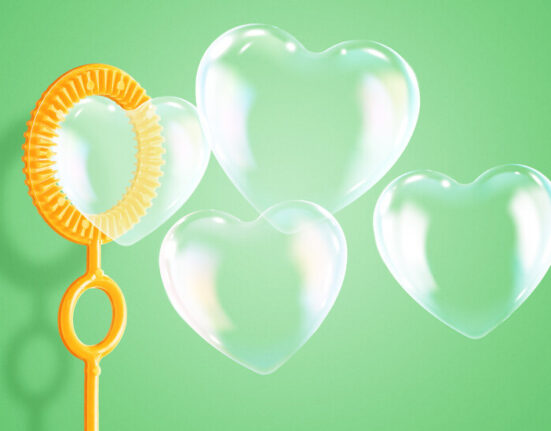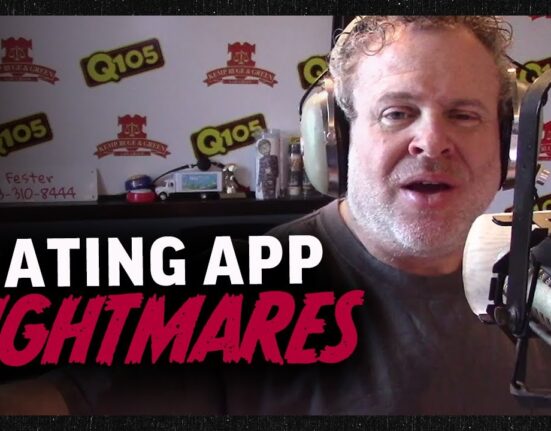Trying to Work Out What Your New Partner is Really Like? Keep an Eye out For These Green Flags
Introduction
If you see any happy couple and start talking to them, they’ll often have a story from early in their relationship where one person did something nice and the other realised how much they wanted to stick around. Because we (as a society, as an internet) can’t just see these as nice anecdotes, we have decided to label them as “green flags”.
What are red flags, green flags and beige flags?
We have red flags, beige flags and green flags. Red flags are warning signs, which indicate that there is something unsettling and scary about the person and you should probably find a safe way to exit the relationship. For example, if they’re controlling, racist, jealous, homophobic/transphobic, or say “all my exes are crazy”. Beige flags are neither good nor bad, but simply things you observe about another person. Finally, green flags are things which indicate you’re seeing someone who you’re compatible with and who has a good heart.
Research from Buzzfeed
Recently, Buzzfeed asked their readers to share some of their green flags. I was expecting people to say things like “he found out I was afraid of dogs and therefore didn’t push me to interact with his” or “she communicated clearly and we could be honest with each other”. Instead, there was a list of 28 different charming stories, plus more in the comments. People love talking about their relationships, whether they need to vent because of a minor annoyance or because they want to gush about how nice their partner is.

To be honest, this was lovely to read. We hear so many horror stories about relationships which ended terribly or dragged out for years after the love had gone. I tried to identify some of the characteristics from Buzzfeed contributors, and this is what I came up with.
- Caring
One person wrote about how they had become ill at the start of the relationship and their new partner had stayed and taken care of them. I understand that this is a difficult situation to be in, and it’s evident that the person had expected their new partner to leave. The fact that they stayed made a huge difference and clearly meant a lot to the writer.
- Paying attention
There are few things which suck more than watching a pet die. One person shared that after their cat passed away, their partner provided a space for them to feel supported by giving them their favourite food, watching a comforting film and holding them when they cried. Learning how to comfort your partner according to their personality and love language is great for long-lasting relationships and a pretty solid indicator of your personality.

- Concern for others
Sure, everyone loves a bad boy in fiction, but in reality someone who hates everyone but you is a bit annoying. You’ll probably feel isolated and aware that they have a nasty streak. That’s why it’s a nice green flag to find someone who looks out for others. This could be making sure that the waiter gets a good tip, cancelling a date because a friend/family member is in trouble or just making sure they help a stranger in a bad situation.
Conclusion
Early romantic relationships are fascinating. They’re full of affection, often emotional rollercoasters and you sometimes have to pick apart every interaction with your friends over brunch. More seriously, you need to figure out if you’ll have a healthy relationship or a toxic, jealous mess. So look at the flags they show – if they’re red, beige or green, and see if they’re the kind of person you can have good conversations with and build a solid, intimate bond.

Rachel Hall, M.A., completed her education in English at the University of Pennsylvania and received her master’s degree in family therapy from Northern Washington University. She has been actively involved in the treatment of anxiety disorders, depression, OCD, and coping with life changes and traumatic events for both families and individual clients for over a decade. Her areas of expertise include narrative therapy, cognitive behavioral therapy, and therapy for traumatic cases. In addition, Rachel conducts workshops focusing on the psychology of positive thinking and coping skills for both parents and teens. She has also authored numerous articles on the topics of mental health, stress, family dynamics and parenting.














Leave feedback about this